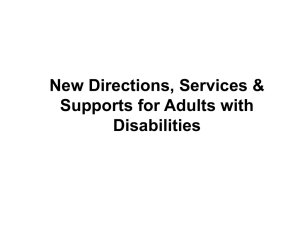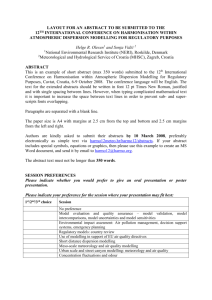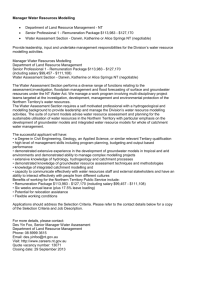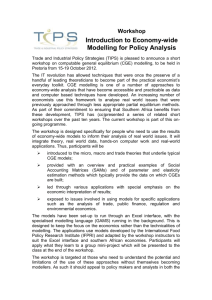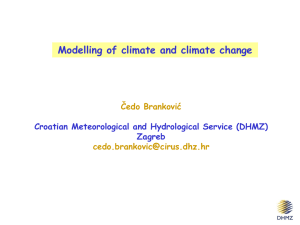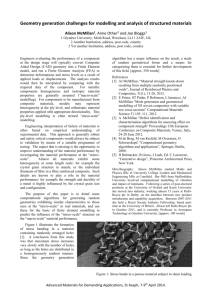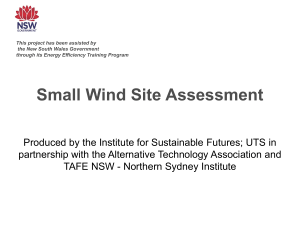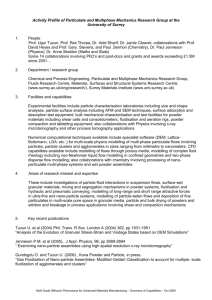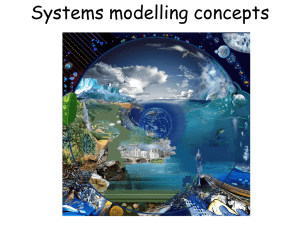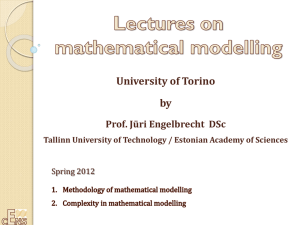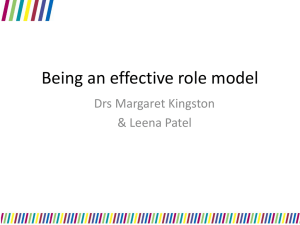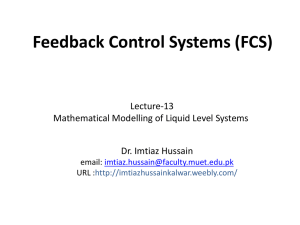The New Cube Practice Guide to Modelling Transport
advertisement
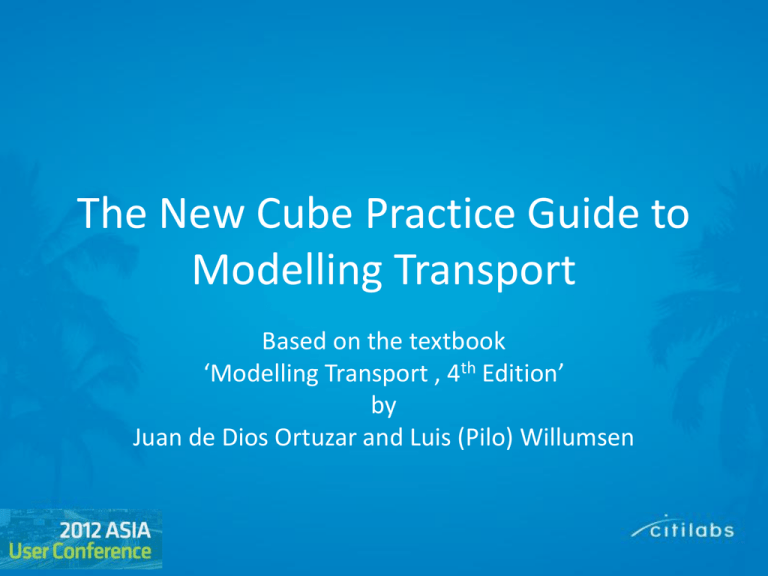
The New Cube Practice Guide to
Modelling Transport
Based on the textbook
‘Modelling Transport , 4th Edition’
by
Juan de Dios Ortuzar and Luis (Pilo) Willumsen
The Book
•
The book has been used since its first
edition in 1990 by transport modellers
around the world to find and select
appropriate methods to their
modelling tasks and for understanding
the theoretic base behind these
methods
•
The book includes a wealth of
examples of how to model, in terms of
approach and mathematics, the
various aspects of transport
About the book :
Availability and authors
Modelling Transport" 4th Edition, John Wiley & Sons
Available from http://eu.wiley.com/WileyCDA/WileyTitle/productCd-0470760397.html
Also available from www.Amazon.com and www.Amazon.co.uk
Available as hard copy and electronic book for Kindle, iPad and other tablets
The authors have been involved with transport modelling research for over 40 years
Juan de Dios Ortuzar
• Present
• Professor of Transport
Engineering at
Pontificia Universidad
Católica de Chile
• Advisor to governments
and international agencies
Luis (Pilo) Willumsen
• Present
• Director of Luis Willumsen Consultancy
• Visiting Professor at University College
London
• Past
• Researcher at Leeds University and
University College London
• Board Director at Steer Davies Gleave
The Cube Guide
•
•
•
•
•
•
Part of the Cube’s Learning Center
Comes with downloadable Cube catalog
Open to all users of Cube and to those who are evaluating the system
This guide will make it easier for modelers to put the lessons learned
in the book to practical use in models
The main purpose of this guide is to promote good modeling practice
based on established methods described and discussed in the book
This guide is also meant to encourage the modelling community to
keep up to date on modeling methods and principles; the book is an
ideal starting point
Suggestions for the
MODELLER :
• find and study the appropriate
method in the book
• study the relevant example in the
book
• see how this example is coded in
Cube
• use the script as a base for your
model and its data
Suggestions for the
STUDENT :
• read the relevant chapter/model
type and its modelling methods in
the book
• study the examples
• see how these example are coded
in Cube
About the guide :
The tutorial system
The main page with links to the apps with examples from each chapter of the book
Chapter 4 : Trip Generation Modelling
Click on the boxes below to select the various examples
Ch4-TGM :
Ex4.1 - Growth-factor Modelling
Click on the script file boxes below to see the scripts
Ch4-TGM:
Ex4.1 - Growth - base year
RUN PGM=MATRIX PRNFILE="C4MAT00A.PRN" MSG='Example 4.1 - Base Year'
FILEO RECO[1] = "C:\Modelling Transport_CG\Output\Chapter4\Results_4_1_BaseYear.DBF",
FIELDS=Z, GEN
FILEI DBI[1] = "C:\Modelling Transport_CG\Input\Chapter4\SocioEconData_4_1_BY.dbf"
PAR ZONES=1
C=DBIReadRecord(1,1)
; read input data
ZONEN=DI.1.Z
; zone numbers (only 1 zone in the current example)
X1=DI.1.NO_CAR ; number of households without a car
X2=DI.1.WITH_CAR ; number of households with 1 or more cars
; calculation of total number of trips per day
GEN=X1*{GenRateNCar}+X2*{GenRateCar} ; trips per day
; ti=250 x 2.5 + 250 x 6.0 = 2125 trips/day (See page 144)
; save results to output file
RO.Z=ZONEN
RO.GEN=GEN
WRITE RECO=1
ENDRUN
